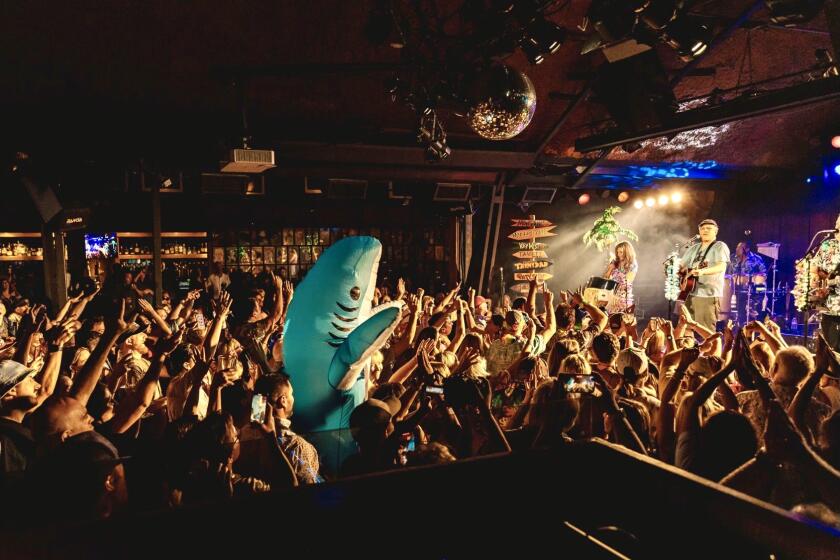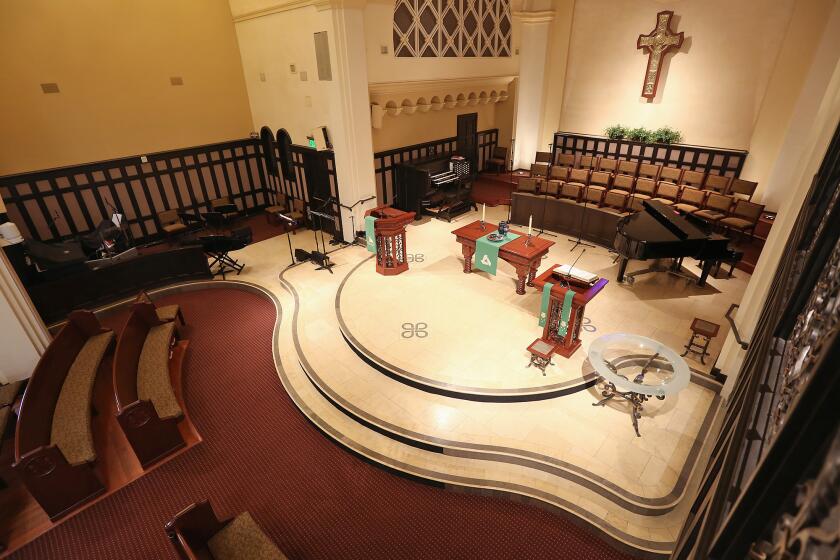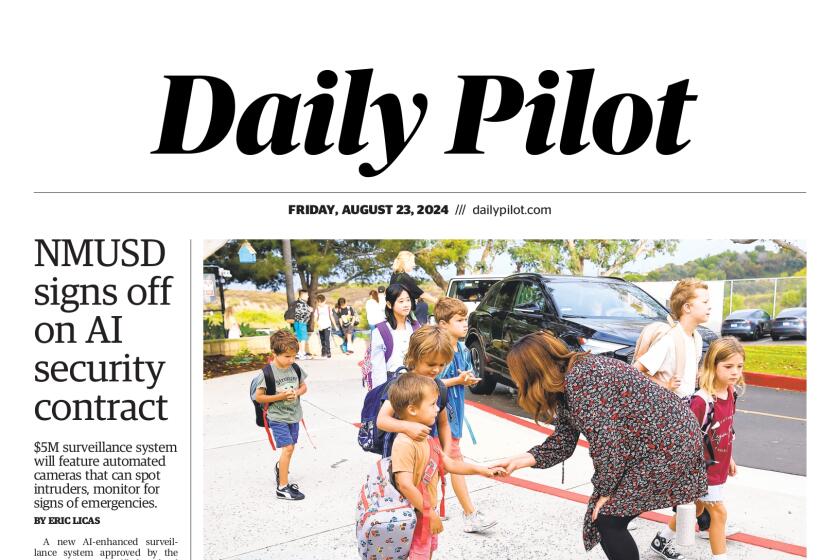Sanitary district may boost fees for grease waste
Andrew Edwards
Costa Mesa restaurateurs and residents could wind up sharing the
costs of keeping grease out of local sewer pipes. The Costa Mesa
Sanitary District’s board is set to consider billing Costa Mesans
later this summer.
The board is not scheduled to vote on the proposed fees until
August, but if approved, fees will go into effect retroactive to July
1, sanitary district assistant manager Thomas Fauth said. The new
fees would be due at the same time as property taxes.
If the district’s board passes the fee proposal, any restaurant
serving hot food could be billed $150 for the costs of keeping fats,
oils and grease out of sewers. Restaurants that serve only cold food
could be billed $60. Residential, commercial and industrial customers
served by the district could have a $2.31 fee tacked onto their
bills.
“A 60-unit apartment can put out as much grease as a 60-table
restaurant,” sanitary district manager Rob Hamers said, explaining
why restaurateurs are not the only people who may be required to pay
more. “Grease is grease,” he said.
The proposed fees would cover the costs of the sanitary district’s
permit and inspection efforts but not actual sewer maintenance, Fauth
said.
In 2002, the sanitary district’s board moved to require restaurant
owners to install grease interceptors. Interceptors were required for
new restaurant buildings and also in places where Hamers observed
grease-related problems.
Last November, the Newport Beach City Council passed a law that
mandated restaurants install interceptors or pay sewer-maintenance
fees.
Restaurants within the Costa Mesa Sanitary District’s area will be
not be able to choose between installing new equipment or paying more
if the district’s board approves the fee plan.
“This is not an either-or -- this is just a charge,” Hamers said.
A fee could be a problem for small restaurants that have to pay
close attention to their finances, said John Ursini, whose family
owns the Newport Rib Company. He said his business would not be
severely affected by a new charge, and is sympathetic to efforts to
prevent sewage spills.
“That’s a small price to pay if we can get all the grease out of
the pipes,” Ursini said.
In 2002, the Santa Ana Regional Water Quality Control Board issued
new requirements to Orange County cities and sewer agencies to
prevent sewage spills. Hamers said the proposed fee increase is part
of the sanitary district’s efforts to comply with that order.
Gary Monahan, owner of Skosh Monahan’s and a Costa Mesa city
councilman, said he wanted to know more about the proposal before
commenting on it. However, he did say he wants the sanitary district
to give restaurant owners enough time to plan for any new fees.
The sanitary district has hired a contractor to notify restaurant
owners about the possible fee, Fauth said.
Between 1999 and 2004, 63% of Orange County beach closures were
caused by sewage pipeline blockages, according to the Orange County
Healthcare Agency. Of those blockages, 26% were blamed on grease.
* ANDREW EDWARDS covers business and the environment. He can be
reached at (714) 966-4624 or by e-mail at andrew.edwards
@latimes.com.
All the latest on Orange County from Orange County.
Get our free TimesOC newsletter.
You may occasionally receive promotional content from the Daily Pilot.



